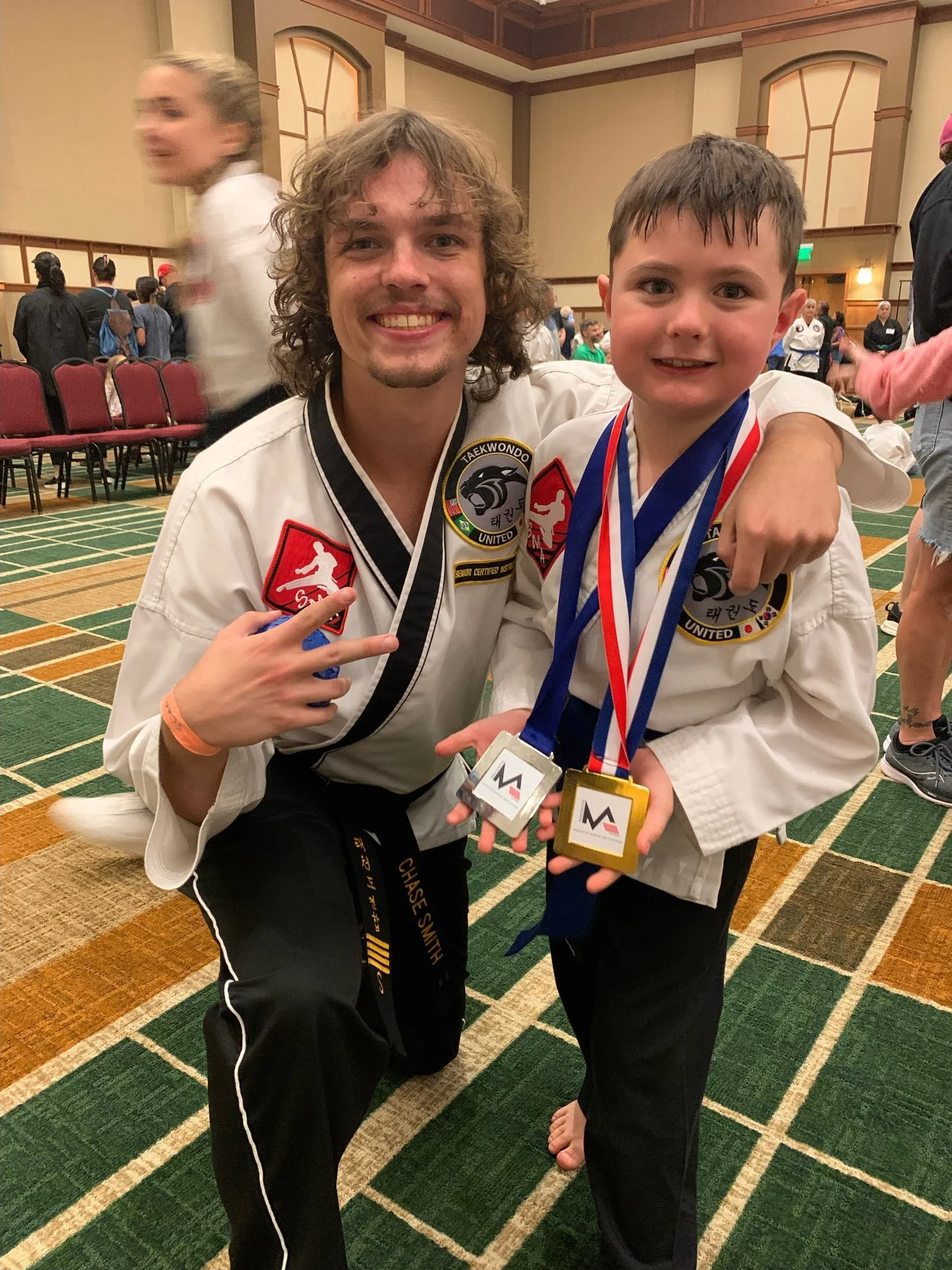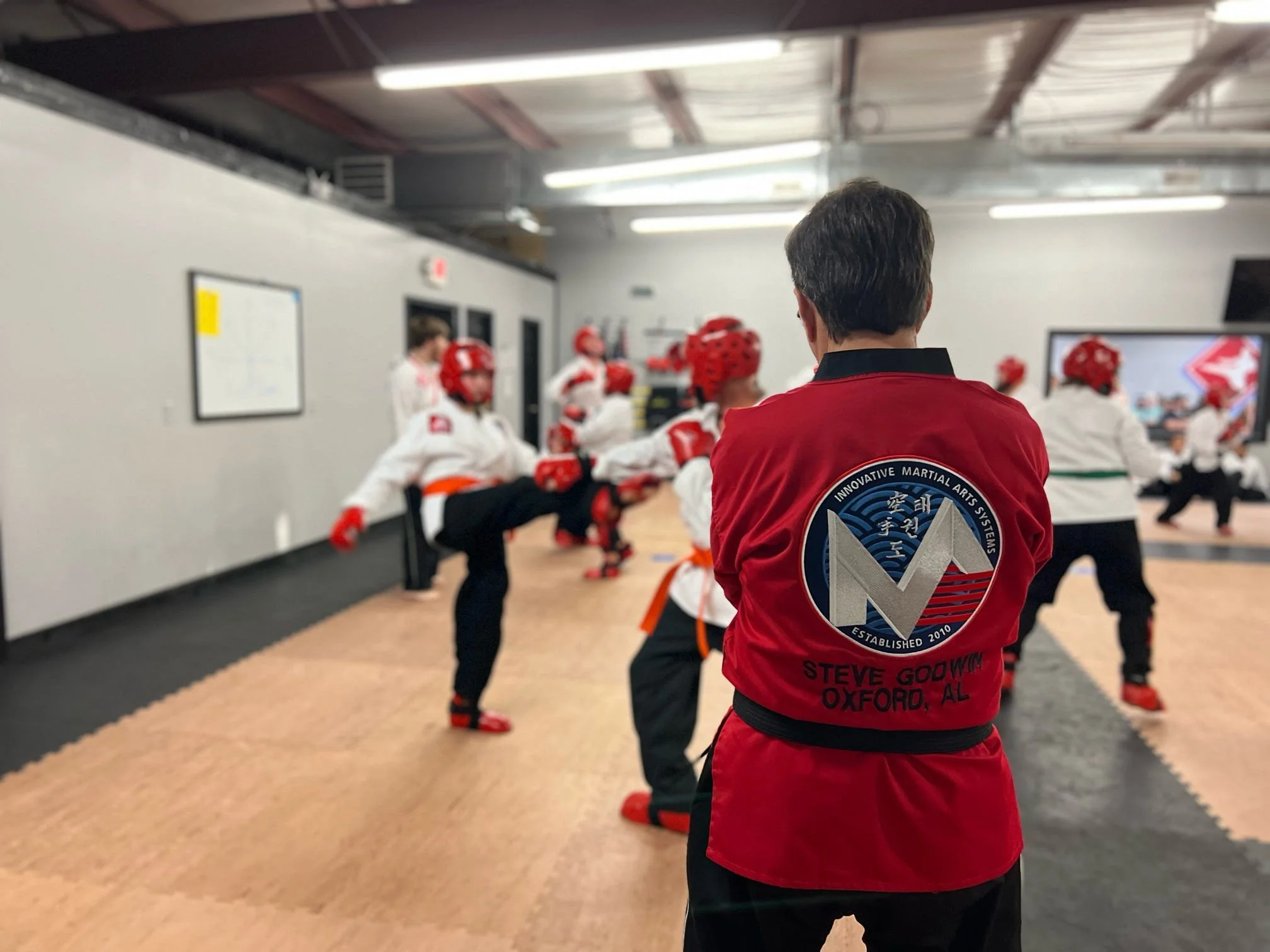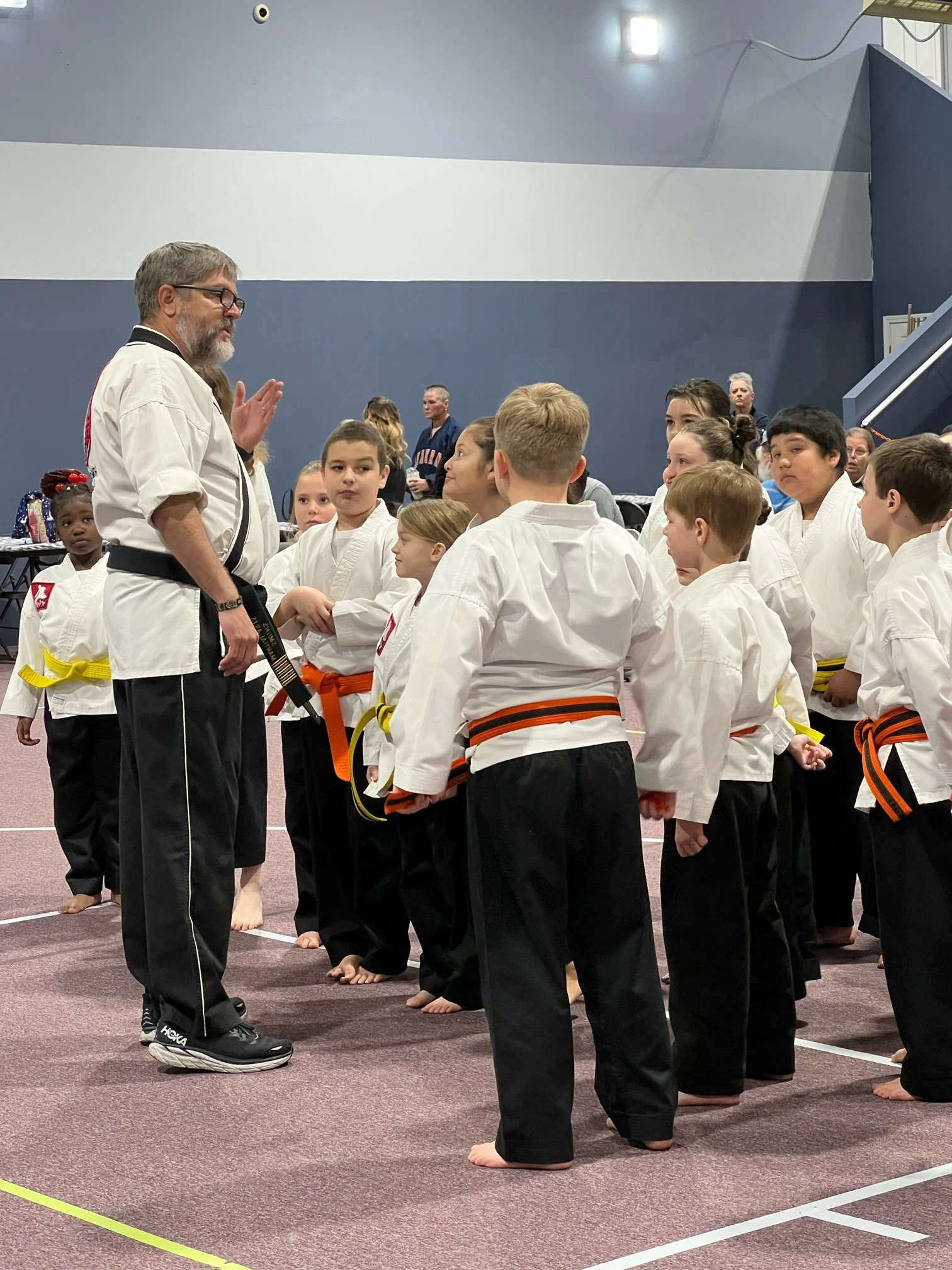The Power of Self-Control: A Martial Arts Perspective
In the realm of personal development, self-control stands as a pillar of strength. Martial arts, with its emphasis on discipline and focus, provides a unique perspective on cultivating self-control.
1. Martial Arts: Forging Self-Control:
Martial arts training serves as a crucible for developing self-control. Here are key ways in which martial arts cultivates this vital skill:
a) Discipline and Routine: Martial arts instills a structured routine, requiring practitioners to follow specific techniques and training protocols. This repetitive practice builds discipline and helps individuals gain better control over their impulses.
b) Focus and Mindfulness: Martial arts demands unwavering focus on the present moment, sharpening practitioners' ability to concentrate and remain calm amidst distractions. This heightened mindfulness contributes to improved self-control in various aspects of life.
c) Emotional Regulation: The controlled environment of martial arts training challenges individuals to manage their emotions effectively. By learning to channel energy and control aggression, practitioners gain a greater understanding of their emotions and develop self-control in high-pressure situations.
2. The Reciprocal Relationship: Self-Control and Martial Arts:
Self-control not only benefits martial arts practice but also enhances the overall experience. Here's how self-control and martial arts complement each other:
a) Precision and Technique: Martial arts require precision and mastery of techniques. Self-control enables practitioners to execute movements precisely, leading to improved performance and a deeper understanding of martial arts principles.
b) Resilience and Perseverance: Self-control helps martial artists endure physical and mental challenges, pushing past their limits. The ability to remain composed and focused during intense situations cultivates resilience, allowing practitioners to overcome obstacles and achieve their goals.
c) Patience and Progression: Martial arts training emphasizes gradual improvement and personal growth. Self-control helps practitioners exercise patience, embracing the journey rather than chasing instant results. This mindset fosters sustainable progress and long-term success.
3. The Marshmallow Test: Unveiling the Power of Self-Control
The Marshmallow Test, conducted by psychologist Walter Mischel, examined the impact of self-control on long-term success. Children who demonstrated better self-control by resisting immediate gratification (refraining from eating a marshmallow) tended to achieve higher levels of success in various areas of life.
This study highlights the critical role of self-control as a predictor of future achievements, demonstrating its relevance beyond martial arts. By harnessing self-control, individuals can make wiser decisions, resist temptations, and work towards their goals with greater determination.
Conclusion
Self-control is a fundamental attribute that both martial arts and personal development share. Through the lens of martial arts, we have explored how self-control is forged and how it, in turn, enhances martial arts practice. The Marshmallow Test serves as a reminder of the far-reaching impact of self-control on our overall success and well-being. By embracing self-control, we unlock our potential to achieve greatness both on and off the martial arts mat.
Remember, the journey towards self-control is a continuous one, and martial arts provides an invaluable path to self-mastery and personal growth.






